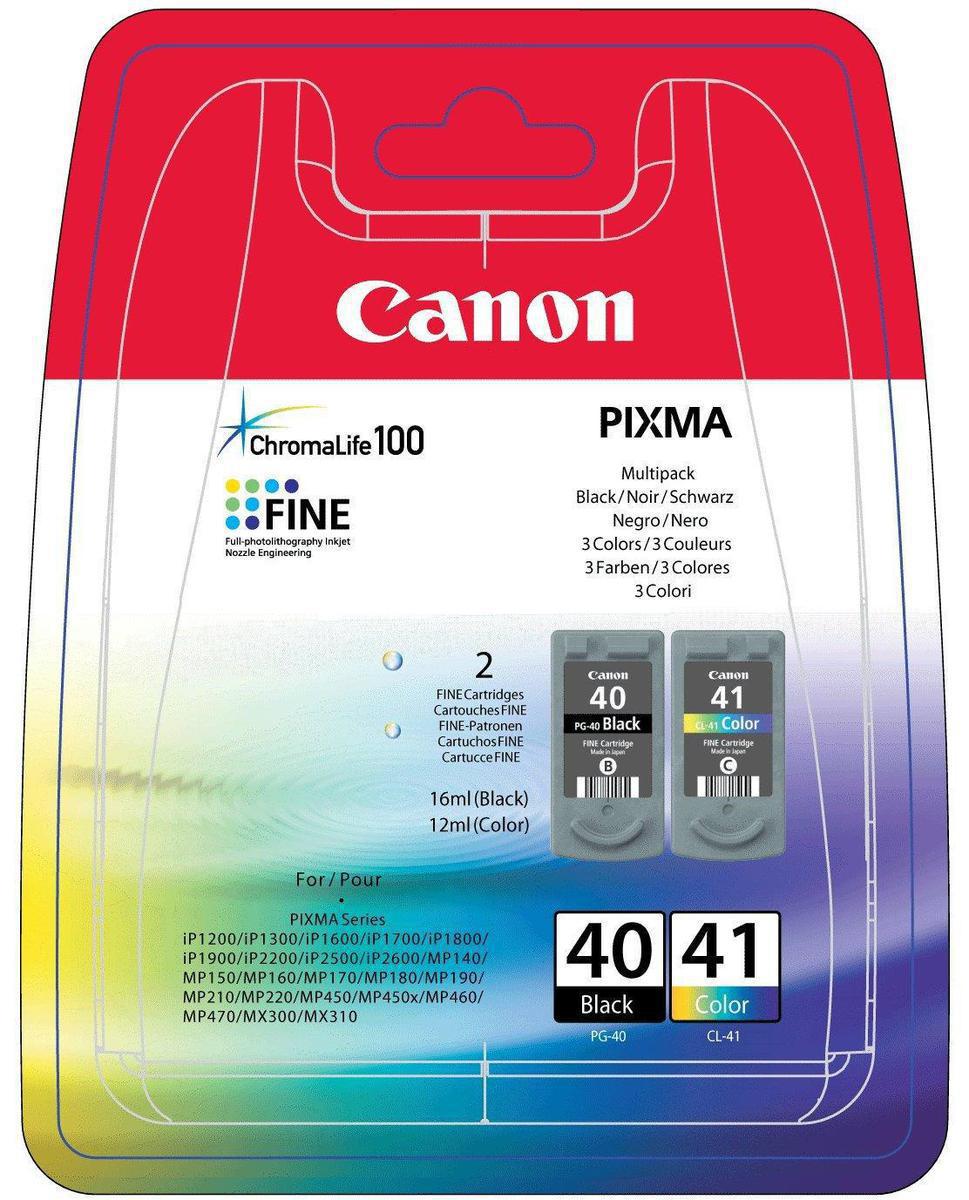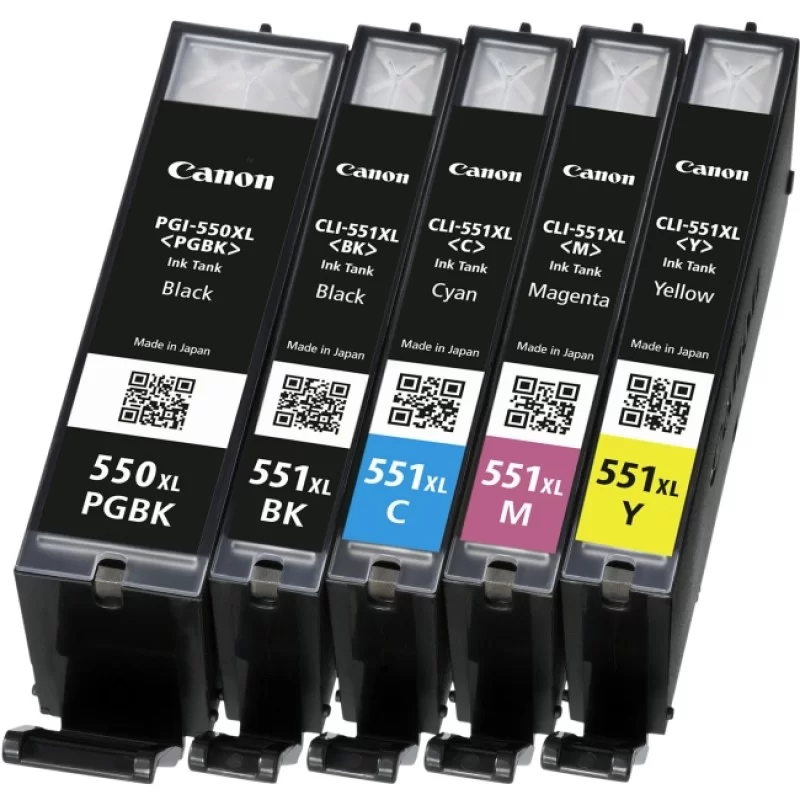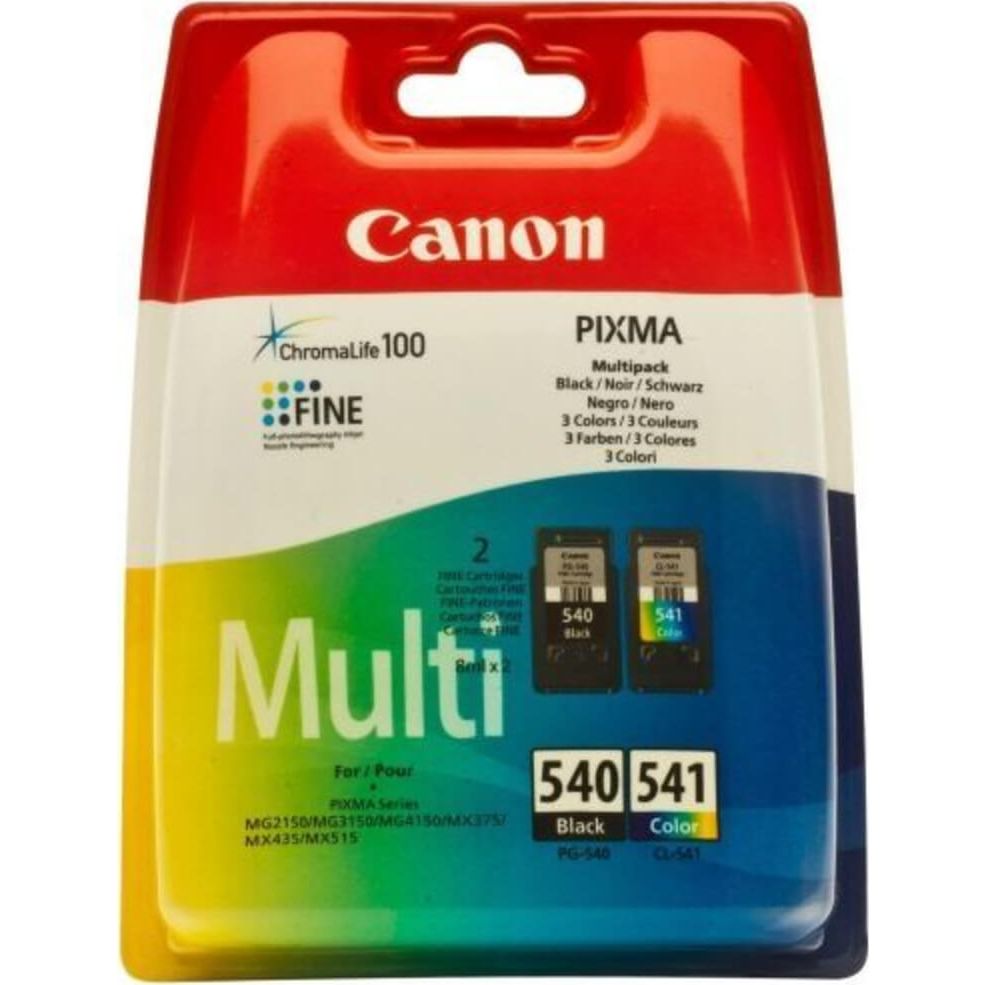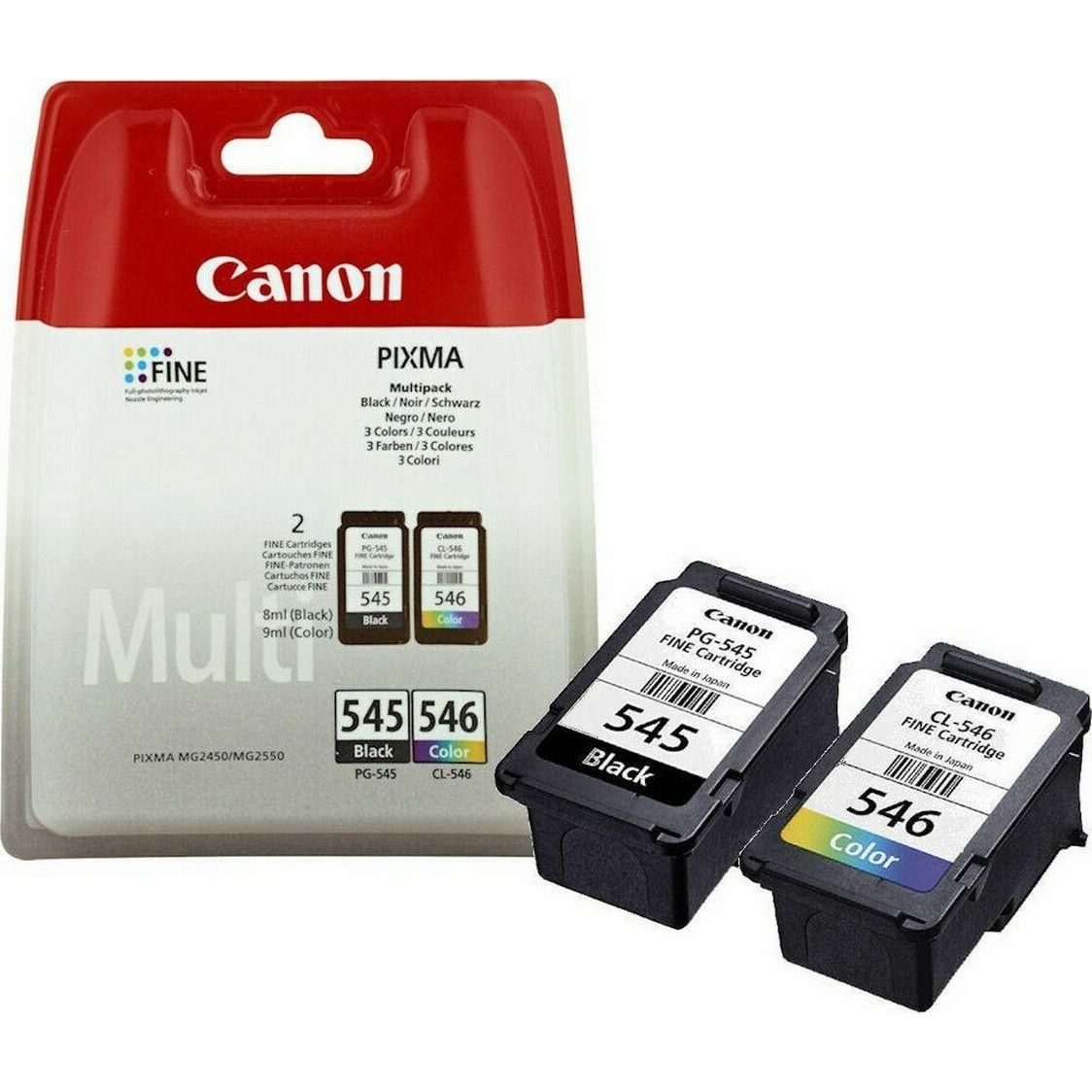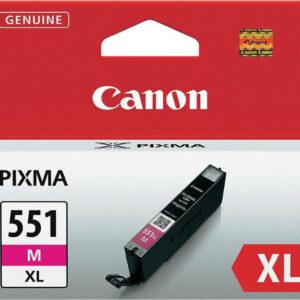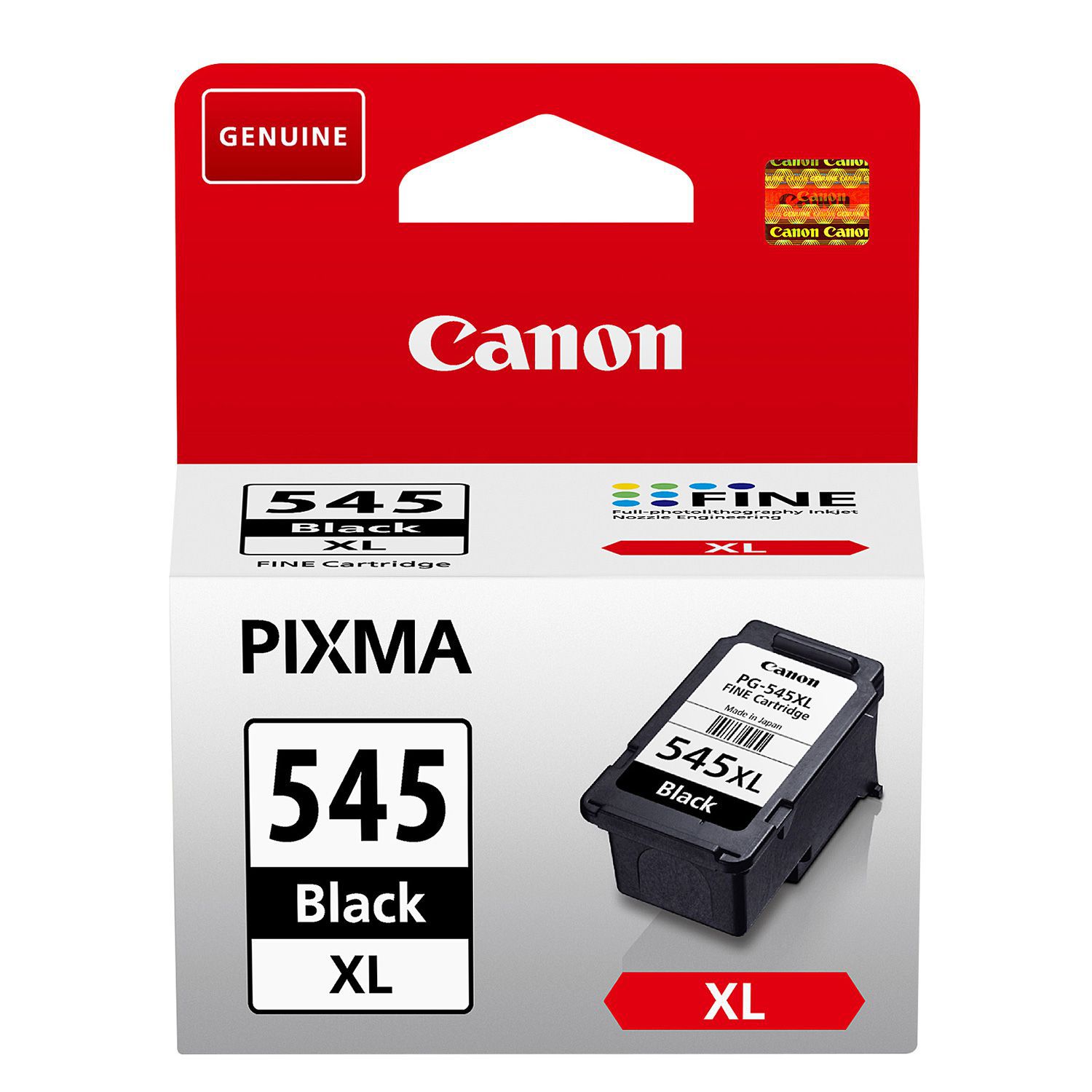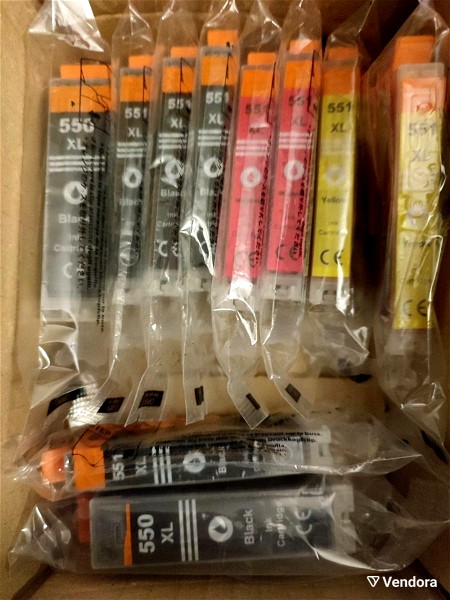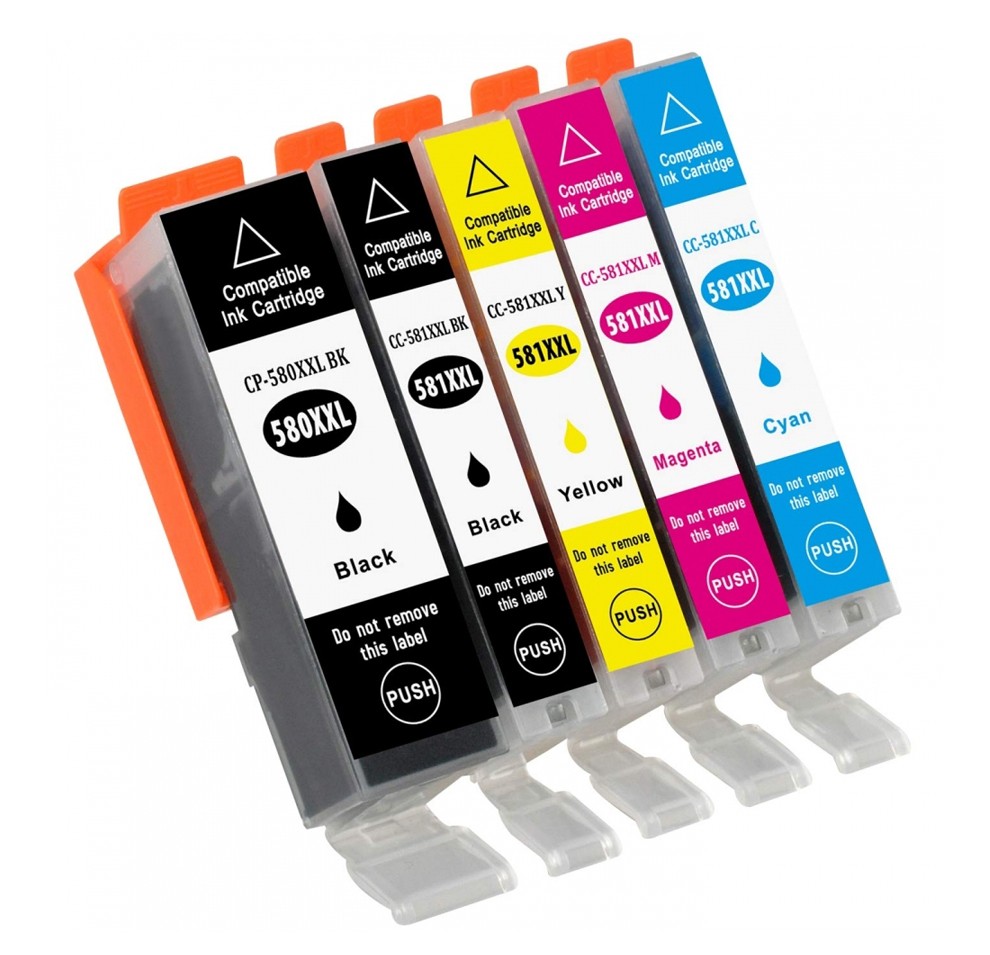
Canon PG-560/CL-561 Πακέτο 2 Μελανιών Εκτυπωτή InkJet Πολλαπλό (Color) / Μαύρο (3713C006) | Skroutz.gr
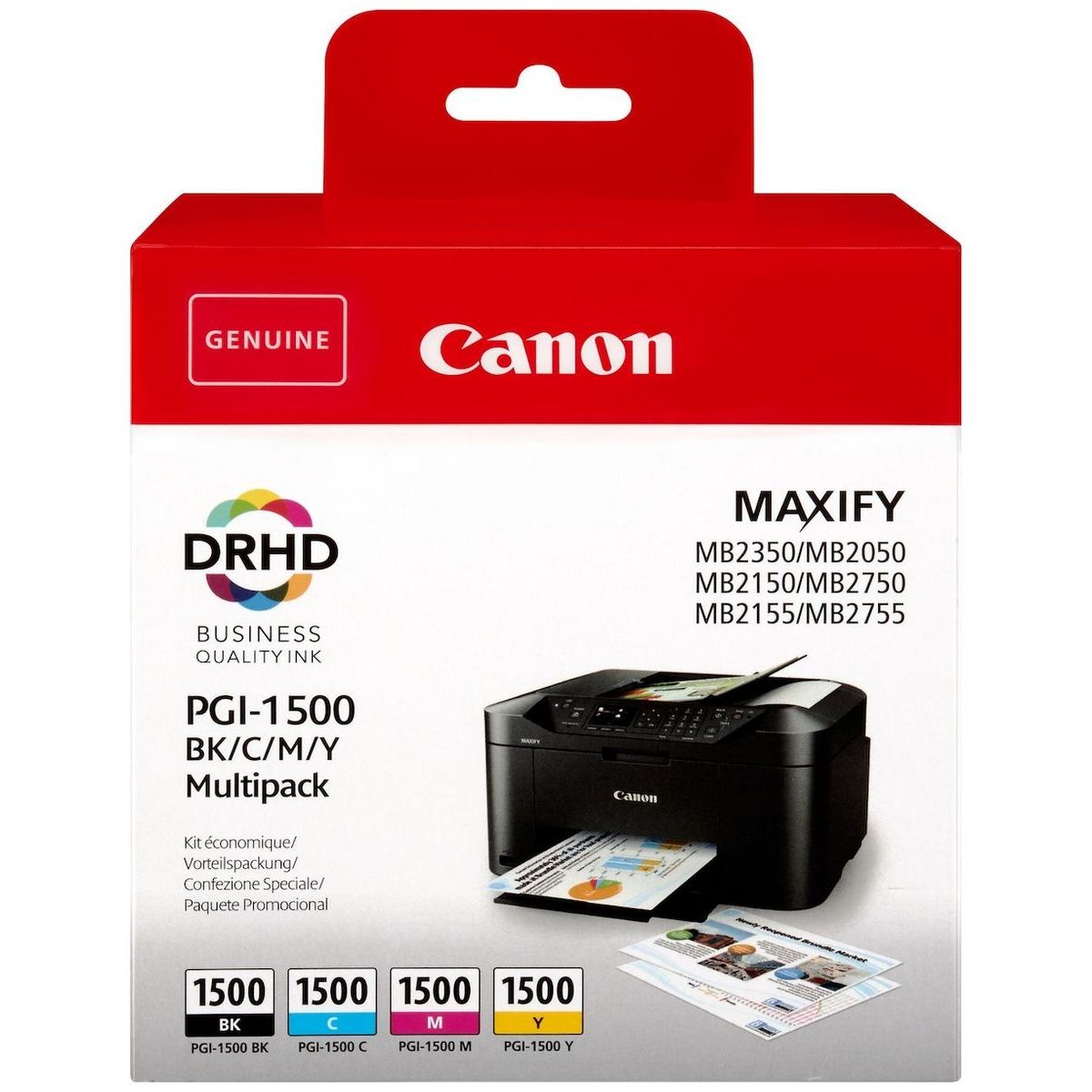
Μελάνια Εκτυπωτή Inkjet Canon PGI-1500 Multi-Pack Κίτρινο / Κυανό / Ματζέντα / Μαύρο - Canon | SHOPFLIX.gr

Πακέτο Συμβατών Μελανιών Εκτυπωτή InkJet Canon PG-545/CL-546 XL 400 Σελίδων Πολλαπλό (Color) / Μαύρο - RefillSpot
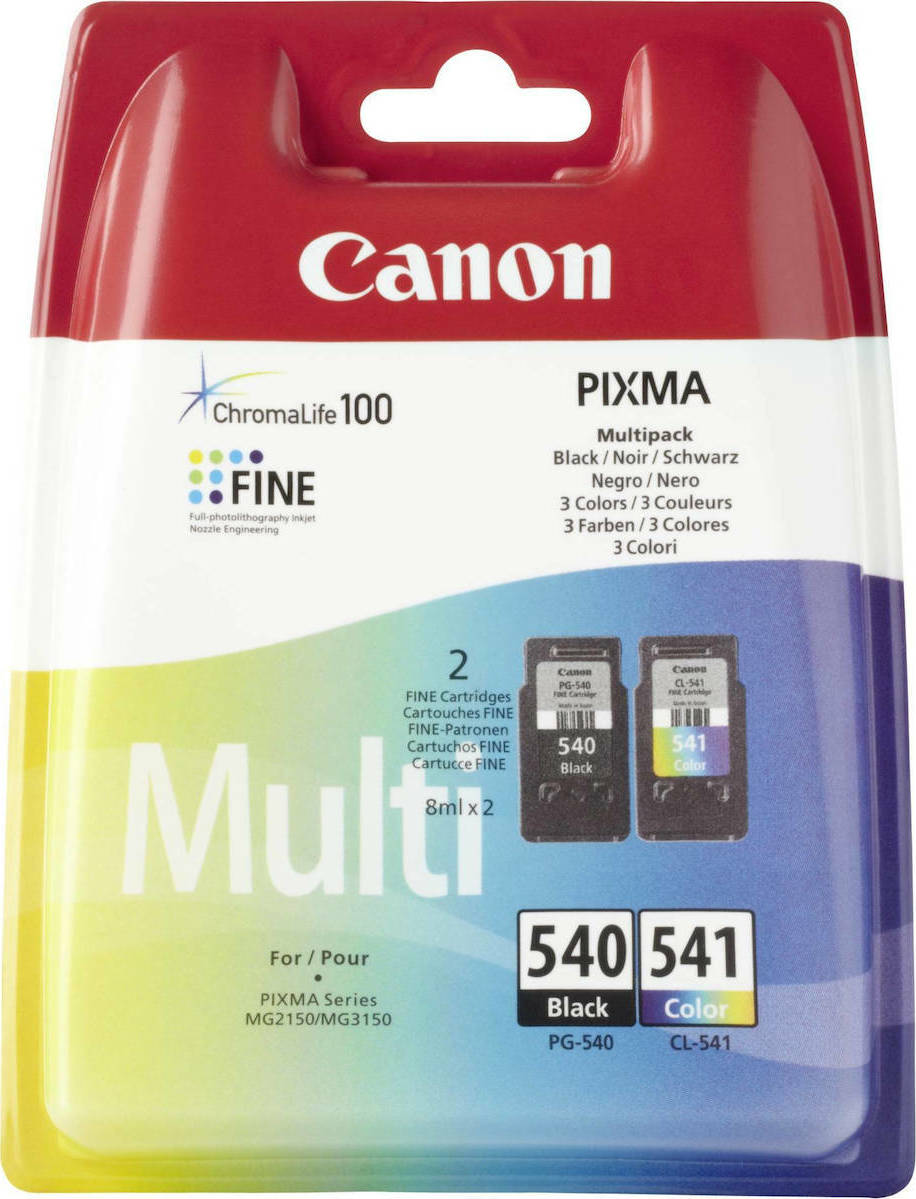
Canon PG-540/CL-541 Πακέτο 2 Μελανιών Εκτυπωτή InkJet Πολλαπλό (Color) / Μαύρο (5225B006) | Skroutz.gr
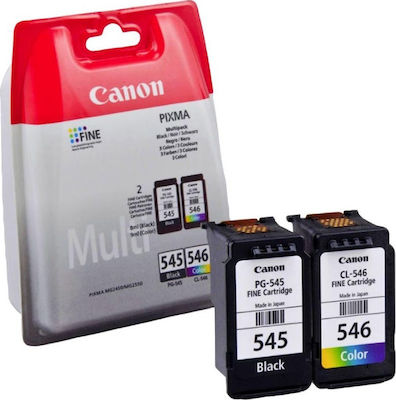
Canon PG-545/CL-546 Πακέτο 2 Μελανιών Εκτυπωτή InkJet Πολλαπλό (Color) / Μαύρο (8287B005) | Skroutz.gr
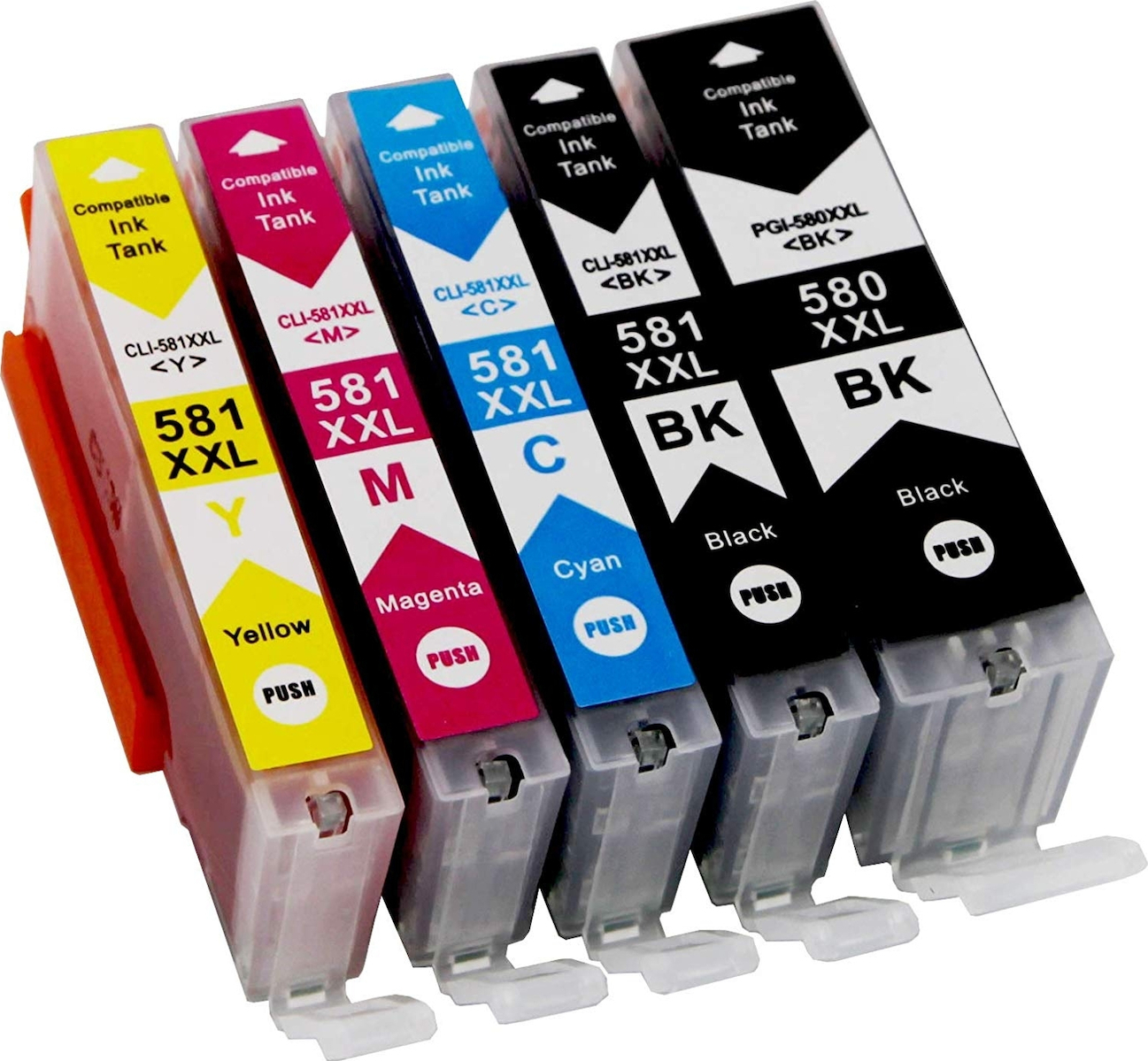
Πακέτο Συμβατών Μελανιών Εκτυπωτή InkJet Canon PGI-580/CLI-581 XXL Πολλαπλό (Color) / Μαύρο | Skroutz.gr
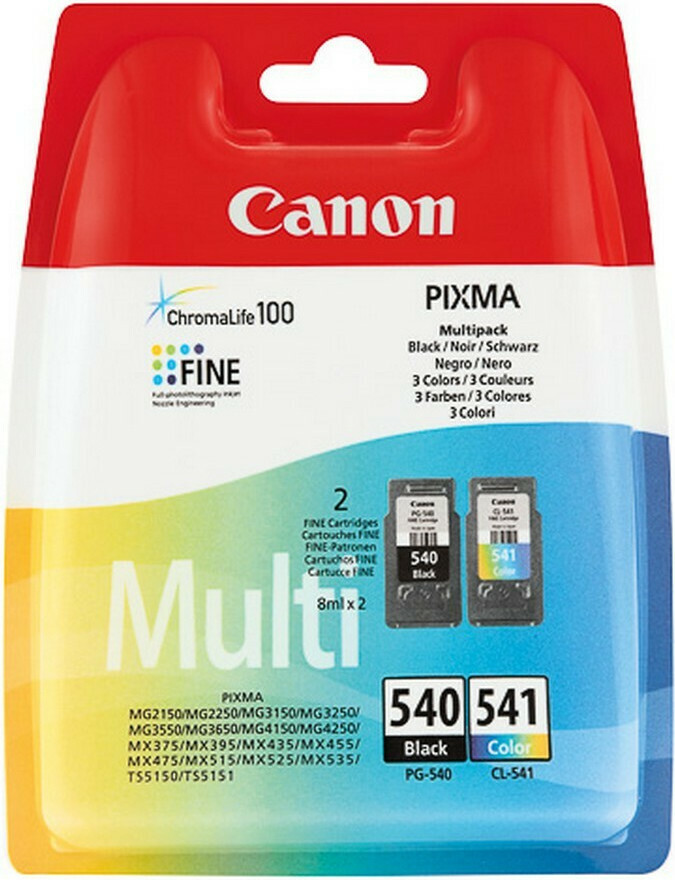
Canon PG-540/CL-541 Πακέτο 2 Μελανιών Εκτυπωτή InkJet Πολλαπλό (Color) / Μαύρο (5225B006) | Skroutz.gr
